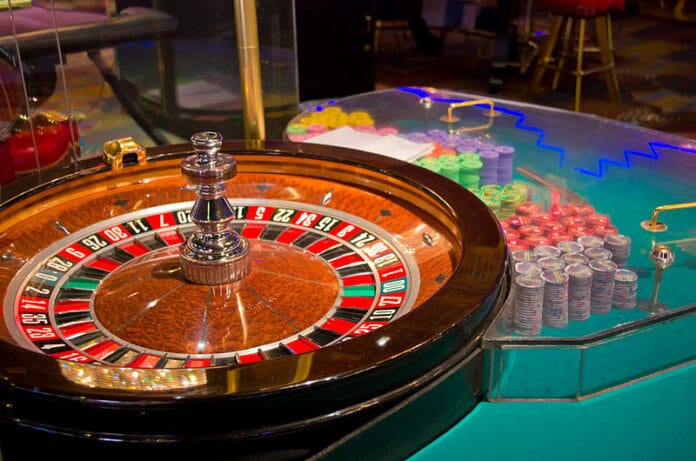The purpose of a casino is to make as much profit as possible by persuading people to part with their money. Casinos emerged from the houses of game, which began as entertainment for aristocrats and gradually became accessible to the general public. The word “casino” comes from the Italian “casa” meaning house and the word “caccia” meaning hunt. To understand where and why casinos have developed, you need to go back in time. In this article, we explore the history of casinos, their emergence, and their rise in popularity.
The emergence of the casino
The casino is one of the oldest forms of gambling, and its origins date back hundreds of years. Casinos were often built in royal palaces or mansions and would be set up as a form of entertainment for aristocrats. It wasn’t until gambling was outlawed in the mid-1800s that casinos began to take the shape we recognize today, like captain cooks casino canada.
Casinos become widely accepted and loved
Throughout the history of casinos, there have always been people who loved and people who hated them. However, there have been periods where one group has greatly outweighed the other. The popularity of casinos has ebbed and flowed over the last few hundred years. In the early 1800s, gambling was a major pastime in America. Newspapers would often publish the results of sporting events and horse races so that people could bet on the outcomes.
Casinos were also popular, and gambling houses were common in larger cities. The invention of the telegraph changed the face of gambling forever. This new technology enabled people to bet on events happening far away from where they were sitting. This widespread popularity led to a moral panic, which resulted in the government making gambling illegal in almost all places.
Casinos’ decline
The popularity of casinos continued to decline throughout the first half of the 1900s. After the Great Depression, casinos and gambling fell almost completely out of favor. In fact, Nevada was the only state that legalized and regulated gambling at all between 1931 and 1951. However, the introduction of slot machines in casinos in the 1950s ushered in a mini-revival.
Casinos became increasingly popular during the 1960s and 1970s, but they remained largely concentrated in Las Vegas. The 1980s saw a new kind of casino emerge. The introduction of credit meant that people could gamble longer and more frequently than ever before. Unfortunately, this had a devastating effect on many people’s finances. Many individuals were left with crippling debt that they found almost impossible to repay. This led to a crackdown on the level of debt allowed at casinos, and the popularity of casinos began to decline once again.
A rebirth and rise in popularity
It seemed as though the golden age of casinos was coming to an end. This was the darkest period in the history of casinos, with many of them battling to survive. The internet was beginning to change the face of business, and casinos were no exception. Online casinos were growing in popularity, and many gamblers were turning to their computers instead of casinos. Technology has made casinos more accessible than ever before. You could play your favorite casino games from the comfort of your own home, and you didn’t even need to travel to a casino to cash out your winnings. The online casino breathed new life into the industry and has led to a new golden age for casinos. See some casino apps on Fliptroniks.
The future of casinos
The history of casinos shows that they have always been subject to change and innovation. Who knows what the future will hold for casinos? One thing is certain: casinos have come a long way since they were first developed in royal palaces. See some casino apps on Fliptroniks.
Disclaimer: The editors of Infopool were not involved in creating this content. Infopool also takes no responsibility for this content.





